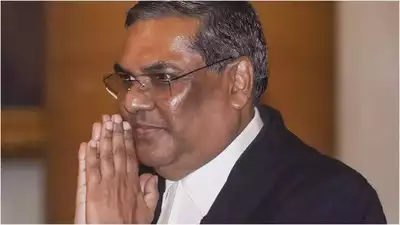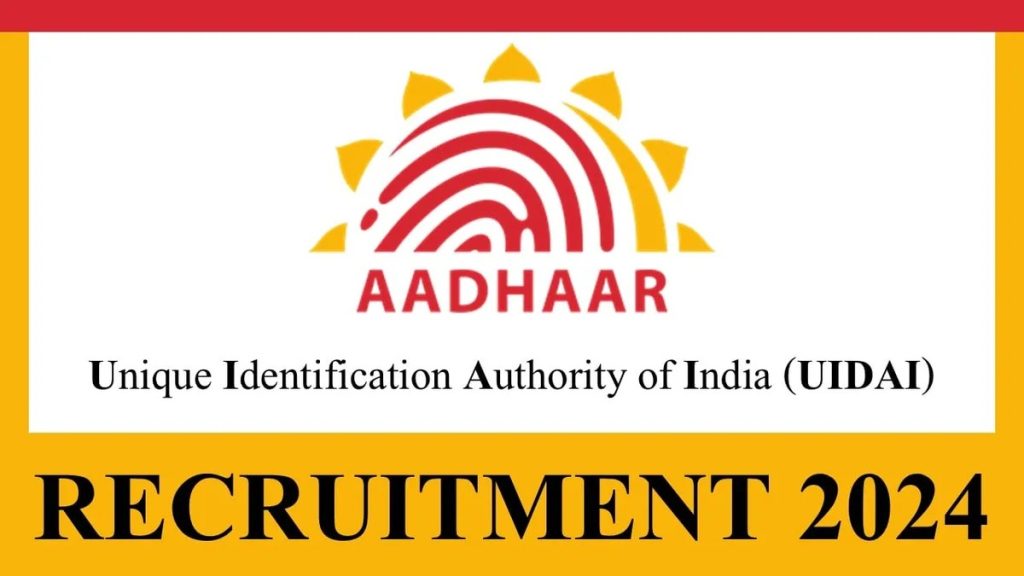Justice Sanjiv Khanna has taken the oath as the 51st Chief Justice of India at Rashtrapati Bhavan today. He will serve a six-month term before retiring in May 2025. Justice Khanna succeeds the outgoing Chief Justice D Y Chandrachud and has had a distinguished career, handling important cases in constitutional law, taxation, arbitration, commercial law, and environmental law. He has also played a key role in delivering important judgments on topics like Electronic Voting Machines (EVMs), electoral bonds, and the removal of Article 370, among others.

Here are some of his landmark judgements:
Arvind Kejriwal’s bail
Justice Sanjiv Khanna in July 2024 had granted interim bail to former chief minister Arvind Kejriwal while he was embroiled in a case under the Prevention of Money Laundering Act, citing that there was no clarity of whether there was a need to arrest Kejriwal.
While he did not rule on the legality of the PMLA charge itself, he did bring up the important question of whether there were any additional grounds for arrest and if they were justified.
EVM-VVPAT cross verification
Justice Khanna rejected all petitions in April 2024 questioning the use of Electronic Voting Machines (EVMs) in the Lok Sabha elections. He clarified that a cross-verification of all votes or a return to paper ballots were not viable options.
He also directed the Election Commission of India to instead introduce slips with the symbol or bar code of a party to be issued after each vote to simplify the counting process. His judgement came amidst massive outrage around EVMs and debate around their use/misuse.
Electoral bonds
In February of 2024, Justice Khanna as part of a five-judge bench declared the controversial electoral bonds scheme unconstitutional due to concerns around transparency of donors and potential for corrupt practices.
Justice Khanna dismissed the argument that donor privacy applied to donations made through banking channels, noting that bank officers responsible for handling the bonds are aware of the donors’ identities.
Abrogation of Article 370
Justice Khanna also played a key role in the landmark 2023 decision by a five-judge bench that upheld the abrogation of Article 370, which had granted special status to Jammu and Kashmir.
He was of the strong opinion that stripping away the special status of Jammu and Kashmir would not endanger the principles of India’s federal structure.
RTIs and judicial independence
In an influential decision that reaffirmed the coexistence of judicial independence and transparency, in 2019, he contributed to a ruling that stated that the office of the Chief Justice of India could be subject to informations under the Right to Information (RTI) Act.
He also stated that the decision of whether the CJI’s office should fulfill the RTI requests must be determined on a case-by-case basis. In the judgement, Justice Khanna assigned responsibility to the court’s Chief Public Information Officer (CPIO) for assessing whether disclosures about the CJI serve the larger public interest or violate privacy.
CJI Sanjiv Khanna takes office: Major Supreme Court cases that will be heard by him
A 64-year-old Justice Khanna will serve a six-month tenure as the Chief Justice of India, considering that he is likely to retire on May 13, 2025.
As Justice Chandrachud passed on the CJI baton to Justice Khanna, here are some major cases that he is likely to chair. Notably, the below-mentioned cases were all heard by a CJI-led bench, implying that they will now come under the purview of CJI Sanjiv Khanna.
Minority status of AMU
Just last week, the Supreme Court ordered the re-evaluation of the minority status of the Aligarh Muslim University. By a 4-3 majority, the apex court, overruled its 1967 judgment in the Azeez Basha case that became the basis for denying AMU the minority status.
The top court bench’s majority comprised of former CJI DY Chandrachud, Justices Sanjiv Khanna, JB Pardiwala and Manoj Misra. It directed that AMU’s status would be determined afresh following the principles that advanced in the present verdict.
The majority held, “The decision in Azeez Basha is overruled. The question of deciding the minority status of AMU must be done on the basis of the tests laid down in the present case. Papers to be placed before the CJI for constituting a bench to decide the issue and correctness of 2006 judgement of the Allahabad high court.”
Though a date for re-evaluation hearing is not yet announced, a bench comprising or headed by now CJI Sanjiv Khanna is likely to take up the matter.
Marital rape case
The Supreme Court in October this year deferred hearing a batch of pleas seeking criminalisation of marital rape, with CJI Chandrachud citing his retirement — November 10, 2024.
Chandrachud had decided to let a different bench handle the contentious issue, concluding that there would not be enough time for the apex court bench to complete the hearings and issue a judgment before his departure from the office.
The case was deferred by four weeks, set to be listed by a new bench after Justice Chandrachud’s retirement as the CJI.
The case sparked much debate within the society over the legality of the constitutional exemption that protects husbands from prosecution for rape within marriage under Indian Penal Code (IPC) Section 375. The Bharatiya Nyay Sanhita — which replaced the IPC in July this year — also defines a similar provision of immunity for husbands.
A bench led by CJI Chandrachud, comprising Justices JB Pardiwala and Manoj Misra had taken up the final hearing of the case in October after a hiatus of over one year.
However, after assessing the time requested for submissions by parties in the case, CJI Chandrachud deemed it best for the case to be handled by a new bench.
As the question of whether marital rape will be criminalized remains unresolved for the time being, the case is likely to fall under the new CJI’s — CJI Sanjiv Khanna — purview.
CJI Sanjiv Khanna
It is noteworthy that Justice Sanjiv Khanna has been a part of several landmark Supreme Court judgments, including upholding the abrogation of Article 370 and scrapping of the electoral bonds.
In fact, an apex court bench led by Justice Khanna was the one which granted interim bail to Aam Aadmi Party chief Arvind Kejriwal in the excise policy scam case for the first time.
Justice Khanna, who enrolled with the Bar Council of Delhi as an advocate in 1983, was elevated to the Supreme Court of India on January 18, 2019.



